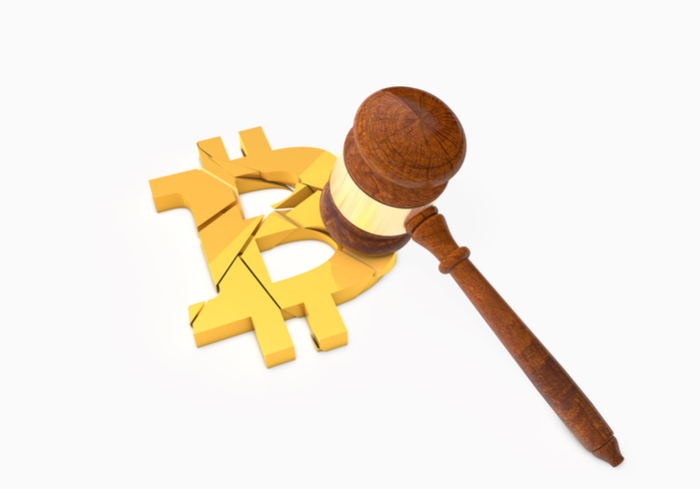Bitcoin Trader Found Guilty Of Money Laundering, Using Bitcoin To Deal Drugs

An Arizona bitcoin trader has been convicted of using the cryptocurrency to launder drug money.
According to a Justice Department announcement, Thomas Mario Costanzo — a.k.a. Morpheus Titania on Twitter — of Mesa, Arizona, was found guilty of five counts of money laundering by a federal jury in Phoenix on March 28.
The evidence at trial stemmed from an investigation of Costanzo in 2014, after he posted an ad on a peer-to-peer bitcoin exchange website stating that he was willing to engage in cash transactions up to $50,000.
“When undercover federal agents approached Costanzo and told him that they were drug dealers, Costanzo provided them with bitcoin and told them it was a great way to limit their exposure to law enforcement,” the statement explained.
It went on to reveal that over a two-year period, Costanzo took $164,700 in cash from the agents (believed to be heroin and cocaine traffickers) and exchanged it for bitcoin “in order to conceal and disguise the nature, location, source, ownership, and control of the drug proceeds.”
In addition, Costanzo used bitcoin to purchase drugs — and he also provided the cryptocurrency to individuals who were buying drugs online.
Each of the five convictions carries a maximum penalty of 20 years in prison, a $250,000 fine, or both. The bitcoin involved in the final transaction is also subject to forfeiture by the United States.
The Justice Department explained that while anyone can buy bitcoin from a commercial online exchange, paying about 1.5 percent as a commission and providing identity information to the exchange, Costanzo charged between 7 and 10 percent in his peer-to-peer transactions and did not learn his customers’ identities.
This is just one case that highlights how bitcoin — and other cryptocurrencies — can be used in illegal activities. With that in mind, the Securities and Exchange Commission (SEC) announced last month there were “potentially unlawful” systems operating that allow the trading of cryptocurrencies, and added that several online trading platforms should be registered with the agency itself.
“The SEC staff has concerns that many online trading platforms appear to investors as SEC-registered and regulated marketplaces when they are not,” the agency said via statement.